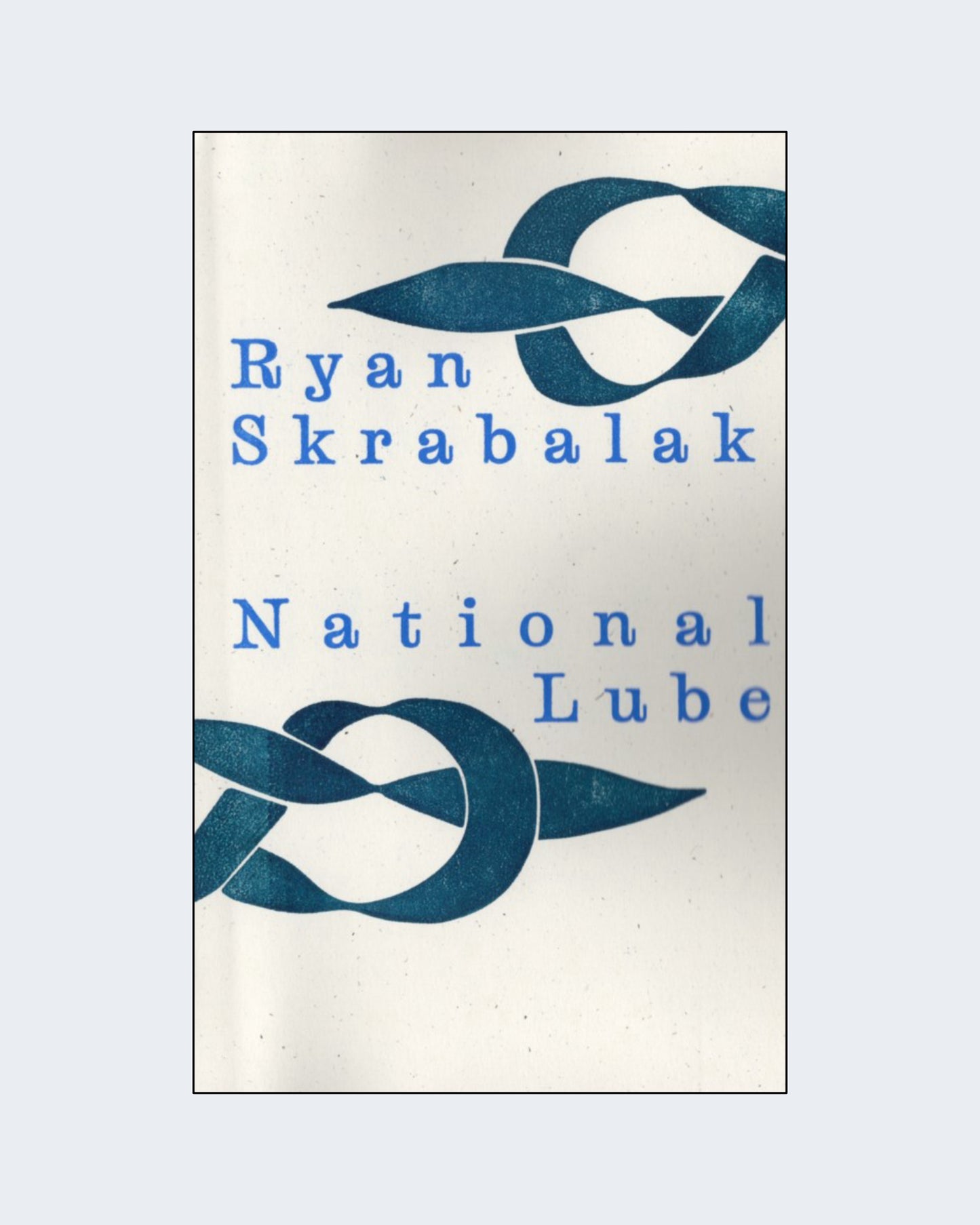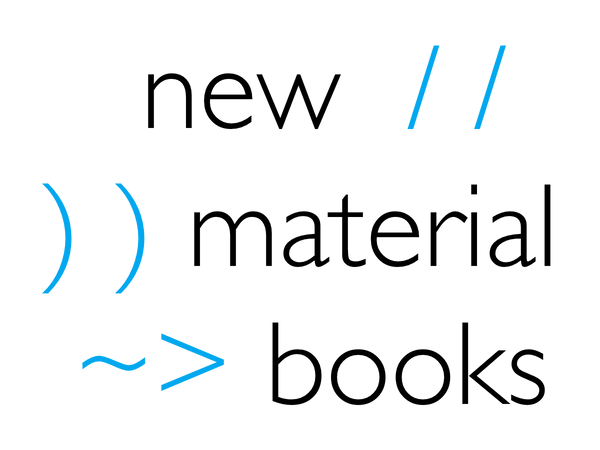NATIONAL LUBE
NATIONAL LUBE
Couldn't load pickup availability
Poetry. speCt!, 2024. Paperback, 134 pages. 8"x5.5"x0.5"
From the press: National Lube is hot and cool, breathless and measured, languid and urgent—like all the best encounters. And these antipodes are enjambed with infinite care. The poems flow into one another, carried from one beat to the next, one page to the next, on the aria of a pure wild lyric. They merge and slide, dropping down a steamy windowpane through which we glimpse a vividly sensed world in motion. National Lube sings and blooms, propagating its leitmotifs in some image-laden ether it whips up, its own medium, the poet’s ectoplasm. Powered by the elan of love. —ANA BOŽIČEVIĆ
Here is a generous and tender poetic, a new American pastoral full of that particular heartbreaking tenderness of closely perceived things, peopled with loves, with lusts, with public spaces, skunk cabbages and parking lots, motels, interstates, and fraught with a certain unease; what language, or place, can and cannot hold amidst the slippage and the distances. The erotic, the natural, the secular divine and the stuff of a lived life shift come into shifting focus, there is a grace here and an underlying anxiety, that rarefies the grace, Skrabalak writes “I can’t think of anything sadder/ than words. Their frequencies/ and also ,, how delightful // And I know They are intended / as gifts” In this fragmented language we are being shown a new way to hold the whole of perception together, and at the same time maybe let it slip away, intended as, and received as, gifts. —CODY-ROSE CLEVIDENCE
Upon first reading Ryan Skrabalak’s National Lube, it struck me as a perfect synthesis of what makes his work so captivating; namely, there is a delicious and dangerously queer lyric sensibility that is shepherded by a fascinating formal constraint, often of his own devising. Phrases loop like “uncatchable light” bouncing off our eyeballs in “a country constantly at war” while slightly mutable forms evoke the ever-shifting consciousness that writes, lives, and fucks despite (or in spite of) this monstrous bellicosity. In “The Rejection of Closure,” Lyn Hejinian posits that “the conjunction of form with radical openness may be what can offer a version of the ‘paradise’ for which writing often yearns—a flowering focus on a distinct infinity.” Like Hejinian’s My Life, Skrabalak’s book provides this flowering focus, where “peach juice serifs lips’ summer puff” and mercy exists “within fluid,” a paradise which rejects the “dark Days// Inn” of the national project, as confined to infinity as it might be. Truth be told, I wept while reading Skrabalak’s book—its dissent is as fierce as its sonics and its observed tenderness, and while it asks “what is the threshold,” the answer is immaterial, as Ryan’s slippy poems have pulsed through to the other side. —TED REES

_^-‖material books in a material world‖-^_

